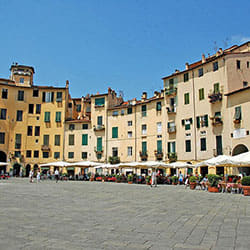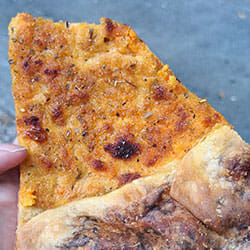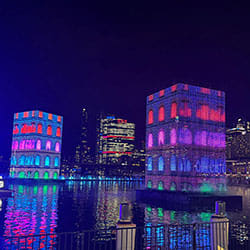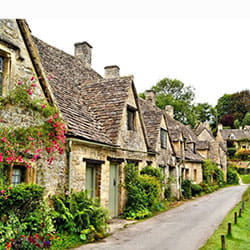But before that, São Paulo city has your ordinary checkouts, but also “caixa rápido” (express checkouts). They’re for shoppers buying up to 20 items. When you use an express checkout to buy just a few things, you move ahead in the queue quicker, which is nice. They also have self-checkouts. That’s a system where you scan the bar codes on your items then pay with your credit card. And they also have priority checkouts for elderly people, pregnant women, and people with a disability.

When you line up at the checkout and your turn comes, they will ask you the following questions.
“Are you a member of this supermarket?” “If you are, please enter your CPF number.”
You can register as a member on the supermarket’s app, then enter your CPF number (taxpayer ID number). When you become a member, you get benefits like points and discounts.
“Would you like your CPF number on your receipt?”
This system started in São Paulo city in 2007. It’s a system where they put your CPF number on your receipts, which means that shops could no longer cheat the government out of taxes. Plus, the consumer gets back a little of the tax they have paid and can even win cash in a lottery.
“Did you bring reusable shopping bags?” “Do you need any plastic shopping bags?” “How many do you need?”
Supermarkets have long been calling on customers to use reusable shopping bags, because they are environmentally friendly. You can also buy them at supermarket checkouts. They come in all sorts of designs, and it’s good to use them as reusable shopping bags that you carry with you. It’s nice to buy ones with Brazilian designs and give them as souvenirs. The plastic bags available at supermarket checkouts come in 2 colors, green and gray. One bag costs R$0.10 (about US$0.02). After you’ve bought them, you use the gray bags as garbage bags for your burnable garbage. You’re supposed to throw out recyclables in the green bags. They also hand over your purchases in green bags at drug stores, stationery shops, bakeries, and so on, not just supermarkets. Apart from supermarkets, they usually don’t charge for these bags.

“Are you paying with a credit card or a debit card?”
These 2 payment methods are the most commonly used methods when shopping. A debit card is a card that debits the purchase amount from your bank account. You can pay in cash but stores often don’t have change.
They ask a number of questions like this, but as long as you know what they are asking, you’ll be able to manage.
In Brazil, you don’t have to put an item back where it belongs in the supermarket after you have put it in your cart but decided that you don’t want to buy it, which is handy. They have baskets at checkouts where you can leave them. The staff regularly put those items back where they belong.
There was a time in the 1990s in Brazil when inflation was about 20% per month and people used to do a month’s shopping at the supermarket on payday. Brazilians got into the habit of stocking up at home on daily necessities with a long shelf life, because of the instability in the Brazilian economy.
That’s why they also have big shopping carts.































































